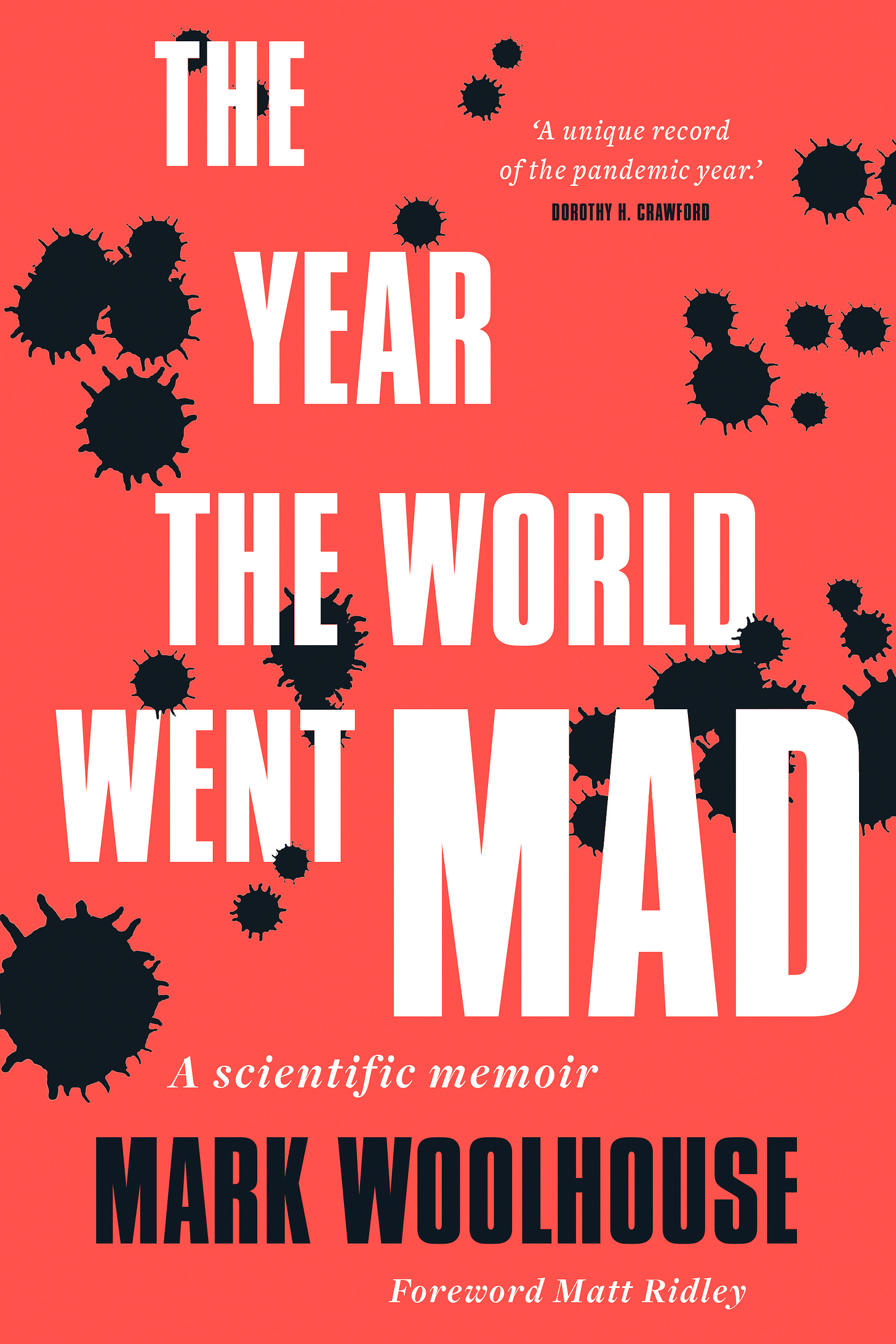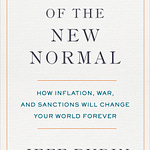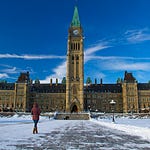In July of 2020, in The New Statesman, my guest on today’s program wrote, “I fear that history will judge lockdown as a monumental mistake on a truly global scale.” At that time, there was surprisingly little debate over an unprecedented public health intervention.
But that dialogue is starting to happen now, and my guest’s recent book is one reason why.
Mark Woolhouse is a professor of infectious disease epidemiology at the University of Edinburgh. He’s also the author of The Year the World Went Mad: A Scientific Memoir.
Mark Woolhouse is my guest, today on Lean Out. Transcript to come for paid subscribers.













Share this post